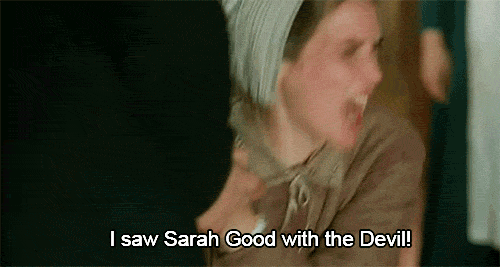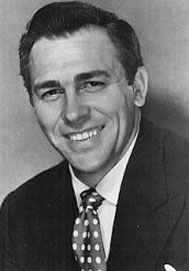The junior year of high school has been hectic and stressful and completely exhausting. Do these teachers ever know when to say "No homework tonight!"?
Thankfully, APLAC has been my saving grace when it comes to high school courses. This year in English has been one to treasure forever. Corny, but true. I've never had a morning class that woke me up rather than cause me to doze off. It's been a true adventure from parody news articles to murders in Kansas to a mysterious wealthy man pining over his "true love" in the West Egg. I have loved every moment of this course and will miss it next year!
Where to begin on this reflection?
Well, for one thing, the AP test was not as bad as I thought it was going to be. Although, the multiple choice section was still filled with second guessing and the Synthesis essay was tightly structured. The synthesis essay was probably the most difficult and my least favorite essay to write because you have to not only incorporate data into your essay, but also stick to that data for all of your argument. There's no freedom to your thoughts!
That brings me to the Argumentation essay portion of the test. Now that's the most interesting essay to compose mainly because it consists of your own thoughts on the topic. This time you do have freedom to speak your mind and not be confined to tight structure and data! This essay allows for a debate through words that will stay with this world and be spread through paper and not lost in the air through speech.
Other than the AP test, our English class consisted of the typical school enforced reading list. Usually I find the school's course reading lists to be a bore, but this year I actually wanted to read the books. At the beginning of the year we read The Crucible which was not my favorite read out of the year, but was one of the most interesting ones. A play written during the 1950s with commentary on the Red Scare through the Salem witch trials. Yea. It was pretty awesome.
Recently, we've been reading The Great Gatsby. Now, this is my new favorite school enforced book to read because of the way Fitzgerald writes and the mass amounts of commentary on the United States after WWI in general. Totally puts the new view point on the power behind wealth and true "fun" to be had at parties. I love novels that comment on the ideals of the modern world. It makes everything so interesting.
So, in a whole, this English course has become my favorite high school course ever. When embarrassing moments and estranged celebrities help you successfully relate and learn the topic at hand, then you have to say bravo to the teacher. It's been a fantastic year with ups and downs that have made my junior year the best hectic year of them all. I feel prepared for any English related challenge or life event that involves the use of true common sense and knowledge of the views on the modern world compared to that of the old.
Thank you Mr. Thomas!
Gif 1:http://www.webuyuglyhouses.com/wp-content/uploads/2014/05/A-West-Wing.gif
Gif 2:http://25.media.tumblr.com/9dd61a5297ec6d1adbd364252c67a5af/tumblr_mkfmd2fGw21rl2tqio1_500.gif
Gif 3:http://31.media.tumblr.com/tumblr_m6behlPKqv1rziwwco1_400.gif
Gif 4:http://24.media.tumblr.com/tumblr_m7c2dlWnBD1r1ksmuo1_500.gif
Gif 5:http://i.imgur.com/TvIIFh3.gif
Gif 6:http://www.teen.com/wp-content/uploads/2014/03/how-i-met-your-mother-spinoff-pilot-accepted-by-cbs.gif
Gif 7:http://media0.giphy.com/media/GCLlQnV7wzKLu/giphy.gif


















